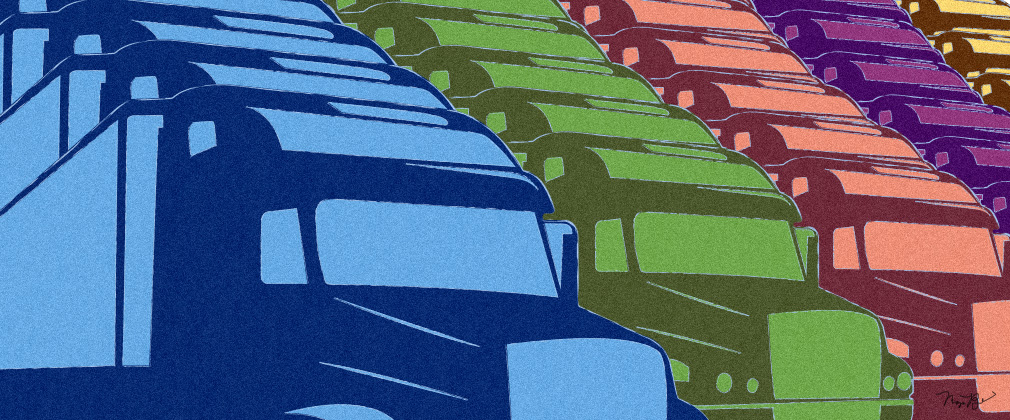Food Systems & Urbanization

As the world’s populations shift toward urban centers, meeting the needs of residents requires novel strategies that account for the city and its surrounding region. Urban places around the globe are reliant on rural communities to provide for their food needs. Greater emphasis on the inclusion of regional and local producers as part of a place can help to create more resilient supply chains and communities. The Johns Hopkins Center for a Livable Future explores the relationship of city-regions, from the value of urban food production and the safety of soil in urban gardens to mapping and shaping the food environment through policy.
Learn more about artist Maya Braunstein.
Stories and Viewpoints
Projects
Foraging Study
Our 2017 study is one of the first to characterize foraging behaviors, motivations and barriers.
Safe Urban Harvests Study
A study investigating potential contamination risks associated with urban agriculture.
Urban Soil Safety Study
A 2012 study to assess what gardeners do and don't know about soil contaminants, and what their concerns are.
Urban Agriculture
Engagement in urban agriculture, including original research, the creation of reports and aggregation of policy and legislation.
The Maryland Food System Mapping Resource
The Center for a Livable Future’s Maryland Food System Map is a free, easy-to-use mapping application that incorporates data on the food system, public health and the environment.